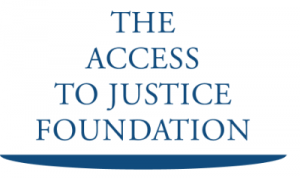Signposting and Referral Systems Insights and Learning Session
This session focused on exploring the opportunities and challenges of implementing signposting and referral systems to better support users on their journeys across different services and organisations.
We welcomed speakers from the frontline including Liverpool Access to Advice Network, the Women’s Homelessness project with Homeless Link, and the Norfolk Community Advice Network. We also heard from Dan Sutch, Director of CAST on the design and technology backing up successful systems.
The session highlighted the potential of signposting and referral systems to transform user experiences and provide valuable insights, if implemented thoughtfully with a focus on cross-sector partnerships, user-centric design and long-term resourcing. Some key benefits of systems including the ability to enable a more holistic approach by connecting users to a wider range of services for their complex needs and allowing analysis and reporting to measure impact.
However, building effective systems requires collaboration, trust, open communication and shared protocols between partner organizations. Challenges include needing comprehensive service mapping, maintaining updated information, and securing aligned funding.
Key learning
- Signposting and referral systems deliver better outcomes for users including faster access to services, flexibility in meeting user needs and wishes, and support from a broad range of services with the relevant skills and knowledge.
- Referral networks can support sector development by building better relationships through shared networks, breaking down barriers between services, and pooling resources and sharing responsibility to use organisational capacity effectively.
- Building effective signposting and referral systems requires collaboration, trust, and open communication between partner organisations, along with strong shared protocols, referral pathways, and a focus on the user experience.
- Successful implementation depends on dedicated funding aligned towards enabling cross-sector collaboration, team exploration, and the adoption of open-source digital tools developed with input from frontline practitioners and community members.
- A shared approach to funding, creating, adopting and maintaining digital tools is essential. Open IP (open-source Creative Commons tools) can ensure that everyone in the charity sector can benefit from shared insights and improvements.
Meeting materials
- Insights and Learning Session - Signposting and Referral Systems Agenda
- Insights and Learning Session - Signposting and Referral Systems Meeting notes
- Liverpool Access to Advice Network presentation slides
- Women's Homelessness Project presentation slides
- NCAN referral system presentation slides
- Supporting debt advice clients through strong referral partnerships – early findings
